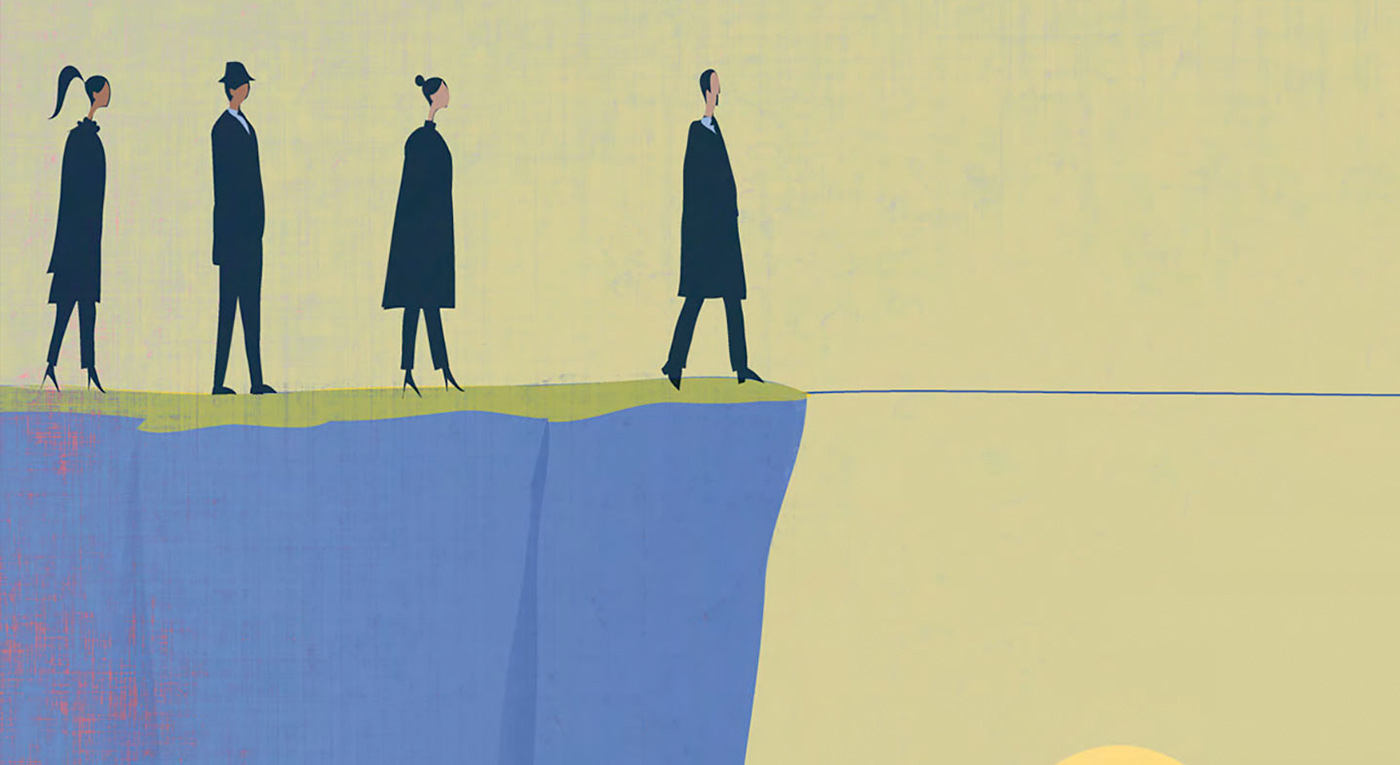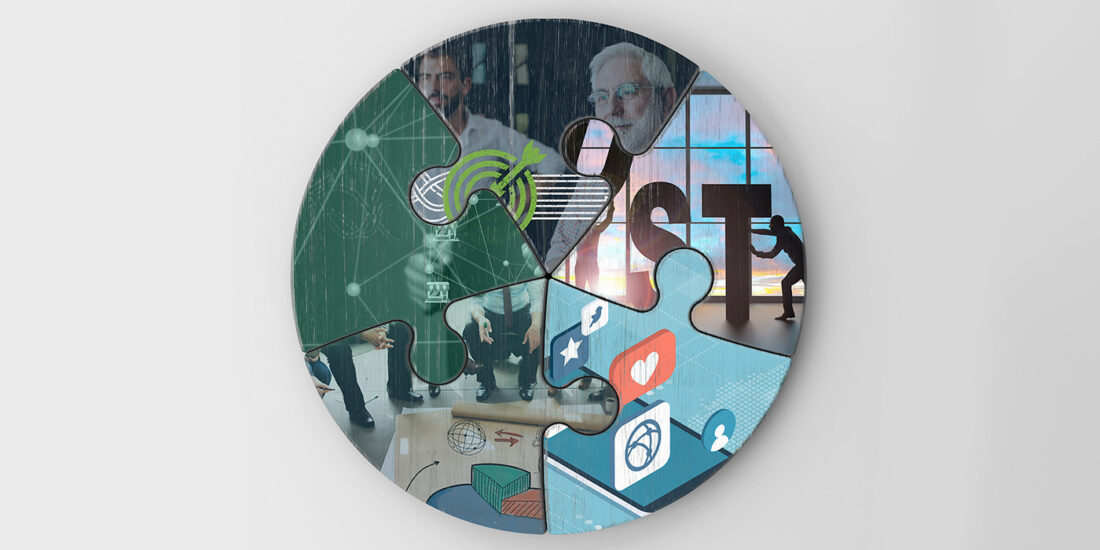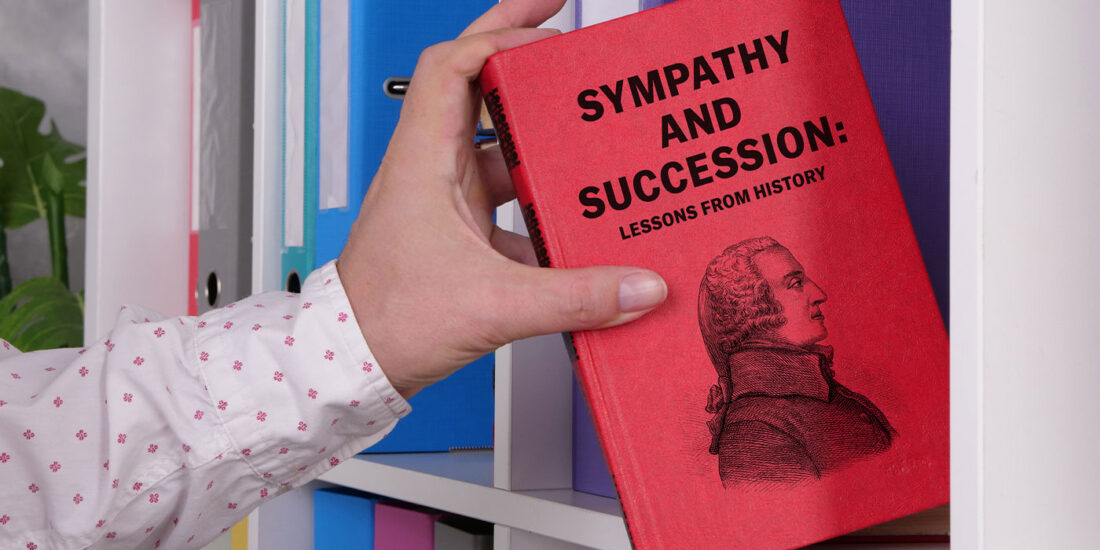Read “Longevity in the Family Business Context: Implications for Leadership and Succession” by FFI President, Judy Green and Patricia Annino as recently published in Tharawat Magazine
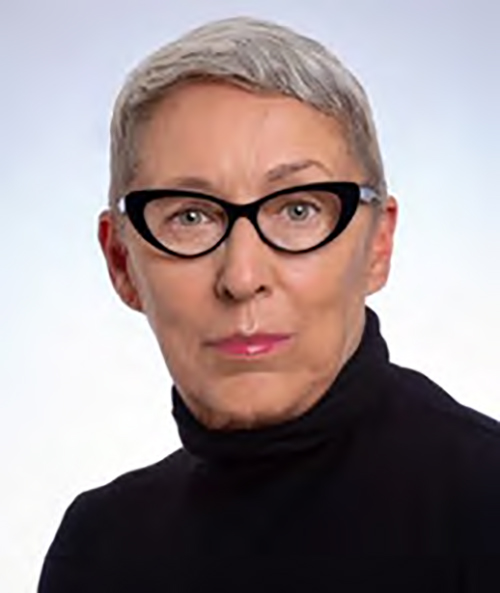 Judy Green, PhD, is president of the Family Firm Institute, an international professional association of individuals and organisations that advise and study multi-generational family enterprises. She is a frequent commentator on topics in the family enterprise field.
Judy Green, PhD, is president of the Family Firm Institute, an international professional association of individuals and organisations that advise and study multi-generational family enterprises. She is a frequent commentator on topics in the family enterprise field.
*The views expressed in this article are those of the author and are not intended to represent the views of FFI or its members.
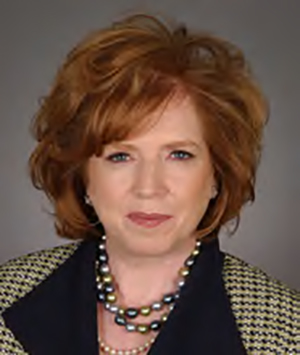 Patricia M. Annino, Esquire is a partner in the global law firm Rimon P.C. and the author of “Competence and Longevity”, a chapter in “Wealth of Wisdom: The Top 50 Questions Wealthy Families Ask” (Wiley Finance).
Patricia M. Annino, Esquire is a partner in the global law firm Rimon P.C. and the author of “Competence and Longevity”, a chapter in “Wealth of Wisdom: The Top 50 Questions Wealthy Families Ask” (Wiley Finance).
The year 2019 will mark the 50th anniversary of “walking on the moon”, a strange and foreign concept even today. Even stranger is the notion that life expectancy is now more or less casually discussed in terms of 100 years or slightly less.
Bypassing (at least for now) the enormous technological advances represented by 50+ years – we now think of vacationing on the moon, not just walking on it – this article pursues some of the implications of increased human longevity on the family enterprise eld.
THE IMPACT OF LONGEVITY ON FAMILY BUSINESS LEADERSHIP AND SUCCESSION
With the increase of longevity comes a deeper awareness of the impact of competence. There are two sides to competence: sustained competence (when an older, competent family member, e.g., Queen Elizabeth, chooses not to leave or step down because she enjoys it and does not have to) and diminished competence (when the family business member has begun the long runway of diminishing competence, yet either is not aware of it or refuses to acknowledge it).
Sustained competence
When the older, competent family leader chooses not to step down, the impact on the family business ripples through the generations. The next in line may have waited an entire life to lead the family enterprise and may now be in their late 60s or 70s – a time at which his or her own planning and passing down the torch should be happening. However, when the role, responsibility and financial asset has not been passed down, there is a strong likelihood that the next in line will be skipped, and all the waiting may have been for nought. If he or she cannot a afford to step aside and let a generation be skipped, or if ego will not allow that, then the subsequent generation is in a precarious place, as its own plans are now uncertain.
When that 60 or 70-year-old was younger, it probably did not occur to him or her that this could happen, as it would have been very unusual to have competent 85 and 95-year-olds continuing to be in charge. Today, this issue needs to be examined at two levels: what to do with the situation that exists now and how to plan for it in the future, now that we know this scenario is going to be more common.
When the older, competent family leader chooses not to step down, the impact on the family business ripples through the generations. The next in line may have waited an entire life to lead the family enterprise and may now be in their late 60s or 70s – a time at which his or her own planning and passing down the torch should be happening.
There is no uniform definition of competence, and there is certainly no uniform definition or test to determine what it means to be competent enough to run a family enterprise. Moreover, there is a dichotomy between the ways in which the medical and legal professions address competence and capacity.
Keeping in mind that open and clear communication across the generations is fundamental, possible solutions may include:
- Intentional financial planning: a clear understanding that each family member must plan for his or her own financial future independently of any ownership stake he or she may or may not receive in the family enterprise.
- The exploration of intrapreneurship: spinning o divisions or enterprises that members of other generations can claim responsibility for and, through innovation, find purpose in.
- Understanding the consequences of “common wealth”: accepting that in the family enterprise system there is a collective responsibility; multiple generations depend upon each other emotionally and financially and have to be respectful of what that means.
Diminished competence
Diminishing competence is a long runway. For most people, the slide begins at a slow pace. The person who is experiencing diminishing competence, as well as those in the family and business around that person, will normally choose to focus on what the person is doing well and overlook or minimise what is beginning to falter. This approach can continue for quite some time until incompetence exceeds competence.
It is what happens in the grey zone of diminishing competence that can have the most significant impact on the family enterprise. There is no uniform definition of competence, and there is certainly no uniform definition or test to determine what it means to be competent enough to run a family enterprise. Moreover, there is a dichotomy between the ways in which the medical and legal professions address competence and capacity.
For the general public, competence is usually de ned as the quality of being adequate or the possession of skill, knowledge or qualifications to be adequate. There is a presumption of competence. Competence, however, is also a legal term decided by judges (with input from medical professionals).
Capacity is generally de ned as the assessment of an individual’s psychological abilities to form rational decisions. Capacity is a medical term determined by a physician. The determination of whether someone is competent is a legal conclusion that uses medical evidence. The concepts of competence and capacity are not yet aligned when it comes to determining leadership and succession in the family enterprise. This alignment must evolve as family enterprises face the challenge of diminishing competence at an accelerated pace.
When grappling with the issue of diminished capacity, it is important to consider who should have rights to medical information and when it is appropriate to invade someone’s privacy to assess his or her competence and capacity. When does the leader have the right to withhold medical information? When does he or she have an obligation to release it? What if family business leaders are unable or unwilling to grapple with these issues?
A robust discussion of these points should also address conflicts regarding who is evaluating someone’s level of capacity and incompetence. Considering what stake that person has in the outcome of the decision is essential.
Proper planning for the family enterprise must address the contemplation of planning for diminishing competence and include a mechanism for who will step into positions of authority and how the process should unfold. In order to achieve this, coordination between the medical and legal aspects of capacity and competence must evolve. For sustained capacity, when will the torch pass? If it is not for the long term, what is the plan for the next generation – financially and status wise? For diminishing capacity, how will incapacity be de ned? Who will evaluate when it is triggered? What is the mechanism to evaluate it and what happens should a determination ensue?
The implications of increased longevity for family enterprise education and advisory
For advisors, consultants, educators and researchers, it is critical to reframe their thinking on these classic topics. Are the paradigms wrong – based on an era and a set of concepts that no longer exist? Should all professional education include a course on genomics and medicine and discussions of how these fields impact the traditional core disciplines in family enterprise consulting – law, nance, management and behavioural science?
We would argue yes.
For example:
- What does “next-gen” mean these days? Is chronological age the right parameter?
- How many generations might advisors have to consider when working with these families? Three, four, five – maybe more?
- How well equipped are advisors to deal with the new longevity in their client base?
- If “working outside the business” is recommended, how is the other company chosen? Do the criteria include a closer look at longevity and the related issues of competency?
- Are MBA programs, even the more progressive ones, requiring faculty to update their own education as well as the related curricula and required research?
- Are academic journals in the family enterprise eld in close touch with their colleagues in medical schools (or even trying to be) when conceptualising articles and scheduling special issues?
Although the field has done reasonably well in addressing gender-related topics, cross-cultural and cross-border manifestation, and, to a limited degree, the impact of technology on industries common to multigenerational companies, almost nothing has been done systemically to include the understanding and impact of increased longevity on the field. It may well be that this new reality will require a new understanding of the multidisciplinary approach, e.g., including medicine in the core disciplines and genomics in the lexicon of research topics and, more importantly, research collaborations.
The future is already here in many aspects of personal, professional and academic life as well as in countries and places around the world. Family enterprises themselves, their advisors and the schools and scholars that research them now have an opportunity to reframe the concepts, paradigms and discussions that underpin 50-90 per cent of the world’s economies. It might be trite, but the future is the present.
Although the field has done reasonably well in addressing gender-related topics, cross- cultural and cross-border manifestation, and, to a limited degree, the impact of technology on industries common to multi-generational companies, almost nothing has been done systemically to include the understanding and impact of increased longevity on the field.


